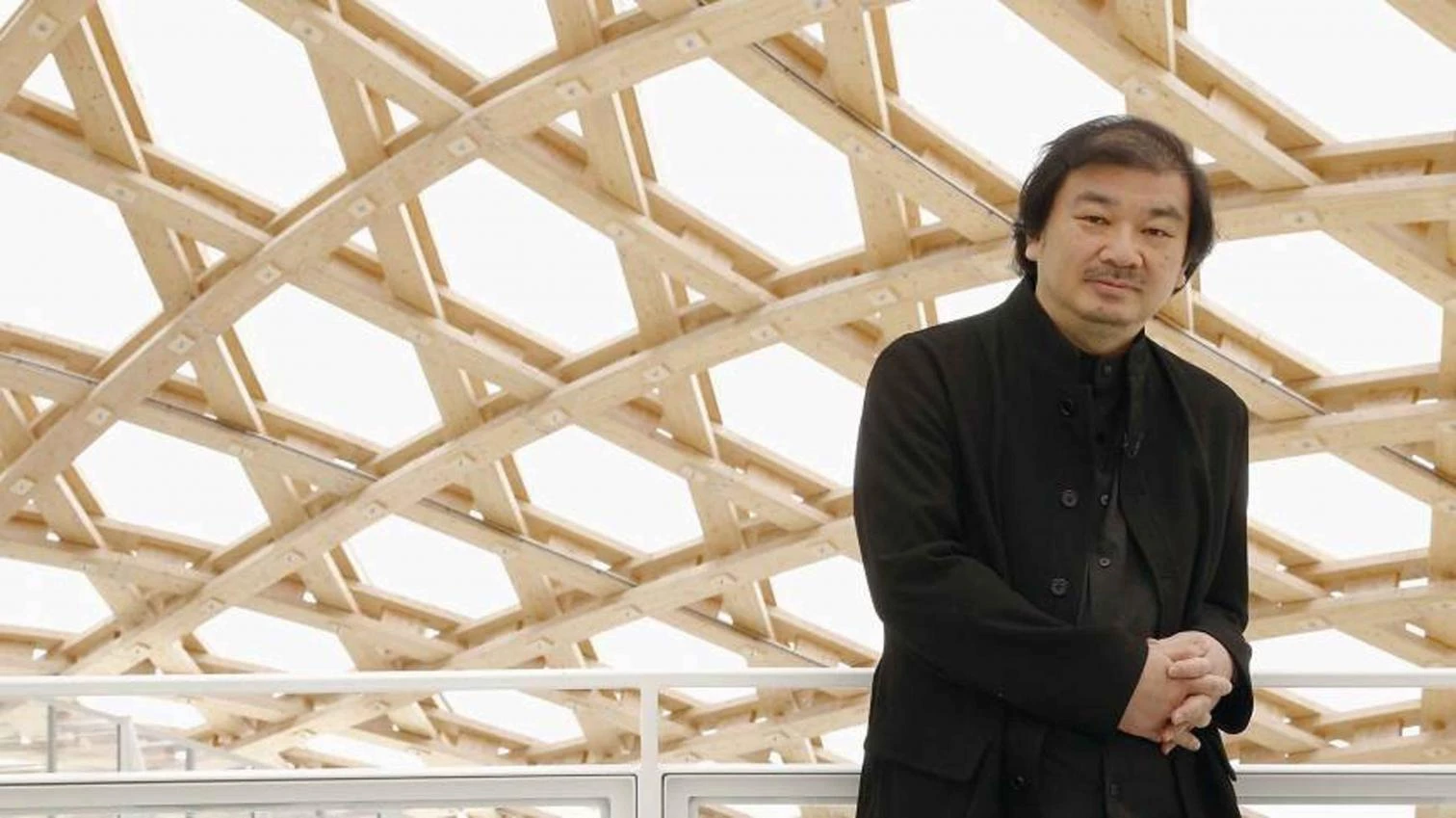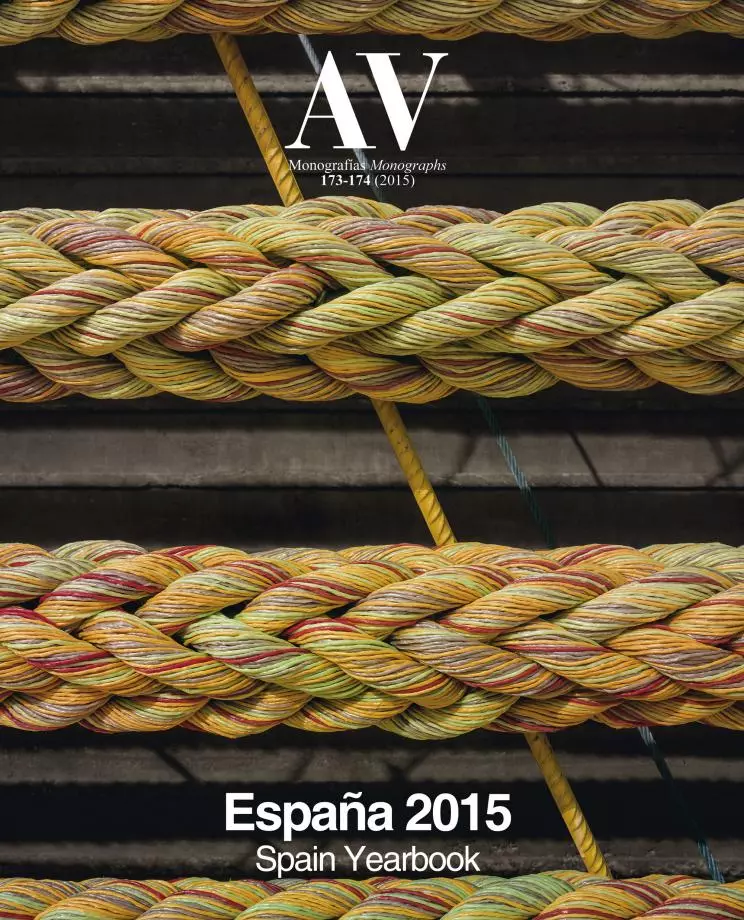
Shigeru Ban
The announcement of the Pritzker Prize concession to Shigeru Ban (Tokyo, 1957) took place a few days before the commemoration of the genocide in Rwanda, a quite meaningful coincidence, because it was precisely in 1994 that Ban stepped into the international architectural scene when he walked into the UN offices with a surprising proposal: to provide shelter for the millions of Rwandan refugees in cardboard tube structures respectful with the country’s threatened forests. Rather than a declaration of intentions, that gesture marked the start of a coherent career backed by always inventive interventions based on sustainability and recycling, with his emergency housing after the earthquakes of Kobe (1995), Turkey (2000), Haiti (2010) or the north coast of Japan (2011), and other emblematic projects like his Paper House and Paper Church (2005). Over these years Ban has become the referent of a necessary architecture, tenacious in its resistance to iconic global codes. In words of the Pritzker jury: “For Shigeru Ban, sustainability is not a concept to add on after the fact; rather, it is intrinsic to architecture.”





